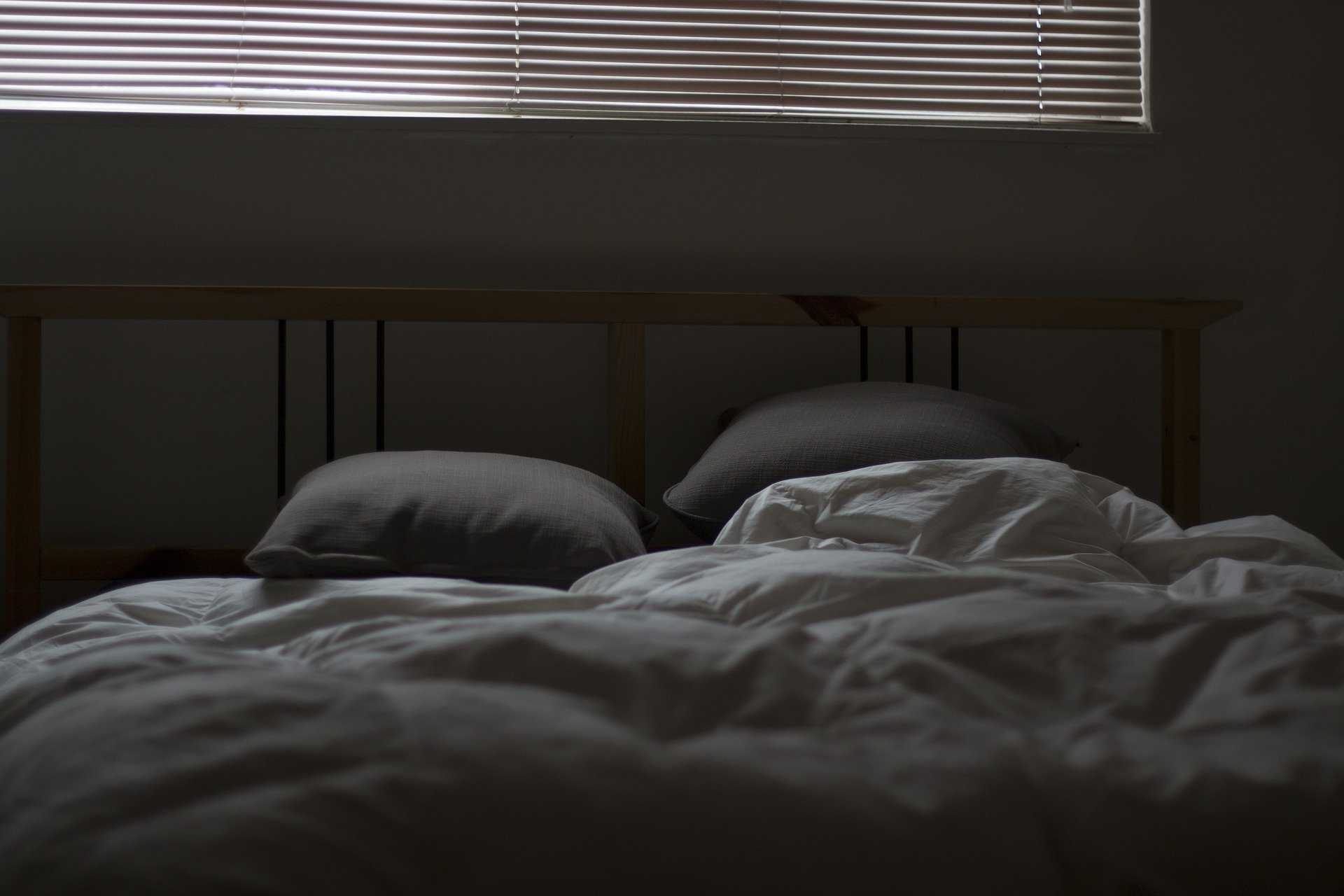
Many Veterans experience trouble sleeping, which can be maddening. In addition to being incredibly frustrating, sleep deprivation can cause serious psychological and physical health problems. A lack of sleep can cause anything from decreased efficiency and irritability to a higher risk of heart attacks. With the serious dangers associated with sleep problems, Veterans might wonder about whether they can be rated with service connected sleeping disorders. The short answer is, it depends.
There are variables which go into analyzing whether three common sleep disorders may be service-connected. Let’s look at when a sleep disorder may be service connected on a direct or secondary basis and explore how those disorders are rated.
Currently, the VA recognizes the following three sleeping disorders:
Berry Law has helped Veterans with each of these sleeping problems. If you need assistance with your VA claim for your sleeping disorder, contact Berry Law to see if we can help.
One of the most common service-connected sleep disorders is sleep apnea, which is a sleep-related breathing disorder. Common signs of sleep apnea include:
Many Veterans start snoring in service and don’t realize until many years later that they have sleep apnea.
Sleep apnea can be service connected several ways. As stated above, many Veterans simply start showing symptoms while they’re in the military. If a Veteran starts snoring and gasping in his or her sleep while in service, the should be able to obtain service connection for the condition.
If they don’t have the condition documented in service, they can always get spouses, bunkmates, or former colleagues to corroborate the symptoms they exhibited in service. For instance, a Veteran might get a friend or fellow Veteran in service to submit a buddy statement saying the Veteran often nodded off at work due to extreme fatigue and they would snore when they did.
Sleep apnea can also be service connected secondary to another service-connected condition. One of the most common of these conditions is post-traumatic stress disorder (PTSD).
Studies have shown a link between post-traumatic stress disorder and sleep apnea, enough to meet the standard for service connection. If a Veteran snores and has been service connected for post-traumatic stress disorder, they should consult with a doctor to see if they also have sleep apnea.
Other common conditions which can lead to service connection for sleep apnea include:
In every case, a medical opinion is needed to link the condition to sleep apnea.
Finally, sleep apnea may be service connected as due to an in-service cause such as burn pits, sand inhalation, oil fires, or pollutants. This would be a way to service connect sleep apnea on a direct basis, but without showing that Veteran’s symptoms started in service. This would be the most difficult basis and would require a medical opinion linking the condition to the in-service exposure.
The VA rates sleep apnea with its own diagnostic code under the rating schedule, which will make more sense in context once we’ve covered the conditions below.
Sleep apnea is rated under Diagnostic Code 6847, and can warrant a ratings of 0, 30, 50, or 100 percent, with 0 and 100 being very unlikely.
Most Veterans are rated either 30 or 50 percent, depending on if they use a CPAP machine or other assistive breathing device.
Whereas insomnia can be a symptom related to sleep apnea, many Veterans experience insomnia without any physical symptoms such as snoring. Common symptoms of insomnia include:
Due to the seriously disabling nature of the condition, many Veterans feel insomnia must be a service-connectable condition. Insomnia is service-connectable, but with a caveat. It can be given a rating and a Veteran may be compensated for it.
However, unlike sleep apnea, insomnia does not have a diagnostic code. Instead, it is rated “analogous” to a mental health disorder.
This can have some drawbacks because the symptoms of insomnia won’t always match up with the symptoms of a mental health disorder, and the rating might not accurately reflect the disabling nature of the condition.
If a Veteran has been diagnosed with insomnia, which is a requirement for service connection, the question becomes how insomnia is related to service. In some cases, insomnia might be something that started in service and can therefore be directly service-connected.
Far more frequently, insomnia results from another service-connected condition. If the underlying service-connected condition is a mental health disorder, insomnia will be combined into that disorder when service connected.
The only way insomnia will be treated as a separate disorder as a secondary condition is if it results from a physical condition or illness. An example of a physical source of insomnia is a severe back condition causing a veteran too much pain to sleep.
Disorders which disrupt the REM cycle are known as parasomnias and they are considered a sleep behavior disorder. In other words, parasomnias are disorders characterized by abnormal or unusual behavior of the nervous system during sleep.
conditions include:
Most of the time, REM disorders are going to be symptoms rather than actual service-connectable conditions. Most veterans have a REM disorder due to PTSD, traumatic brain injury (TBI), or other conditions which might be service-connected. However, as a symptom, a REM disorder might help elevate the claim into a higher percentage rating.
Berry Law was founded by Vietnam War Veteran and legendary trial lawyer John Stevens Berry Sr. We are proud to have many Veterans on our team who understand what it means to serve and know, firsthand, the struggles many of our clients face every day.
If your VA disability claim has been denied, Berry Law may be able to help. We have been successfully representing Veterans for decades. Contact us today for a free case evaluation.
Our monthly newsletter features about important and up-to-date veterans' law news, keeping you informed about the changes that matter.